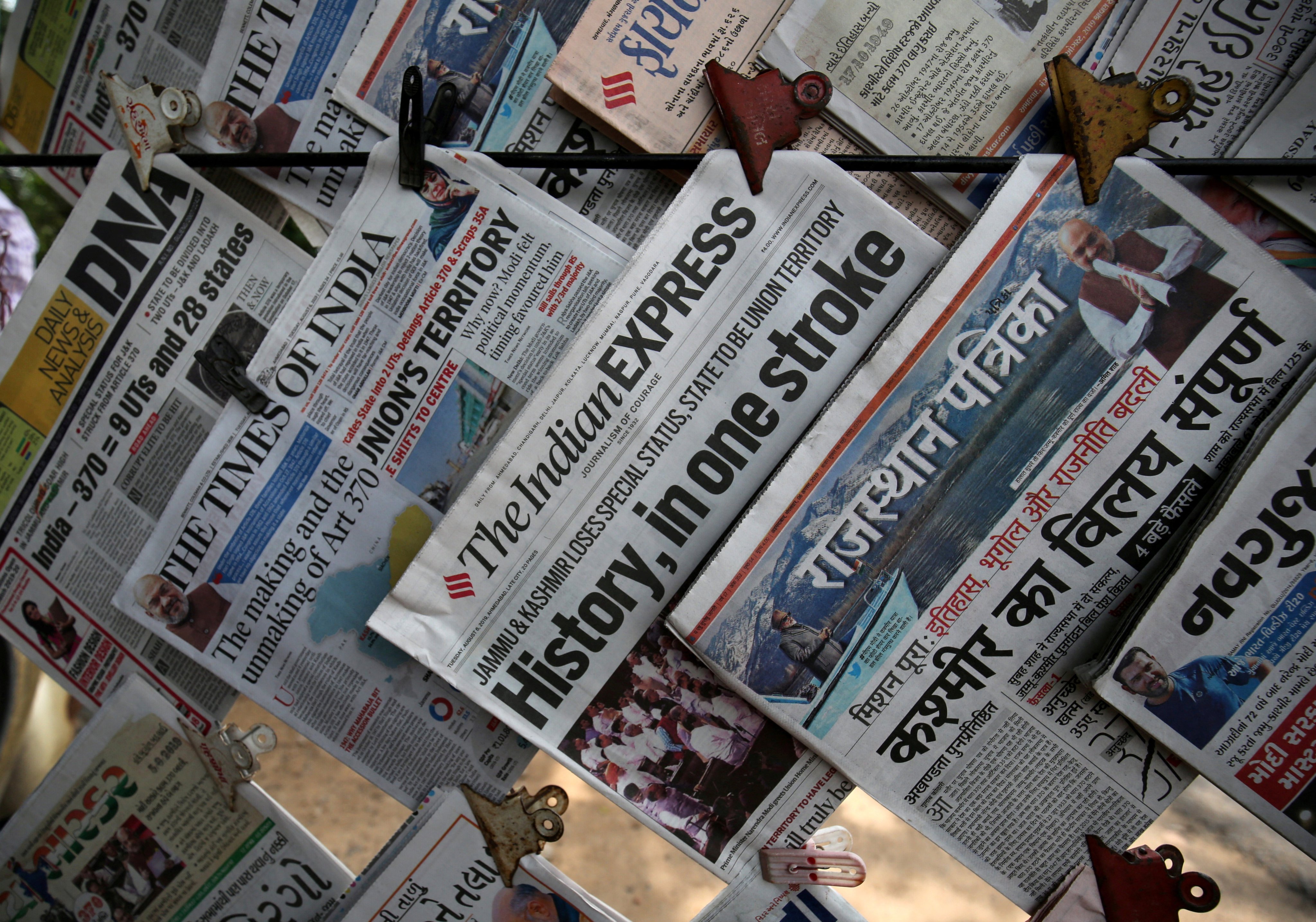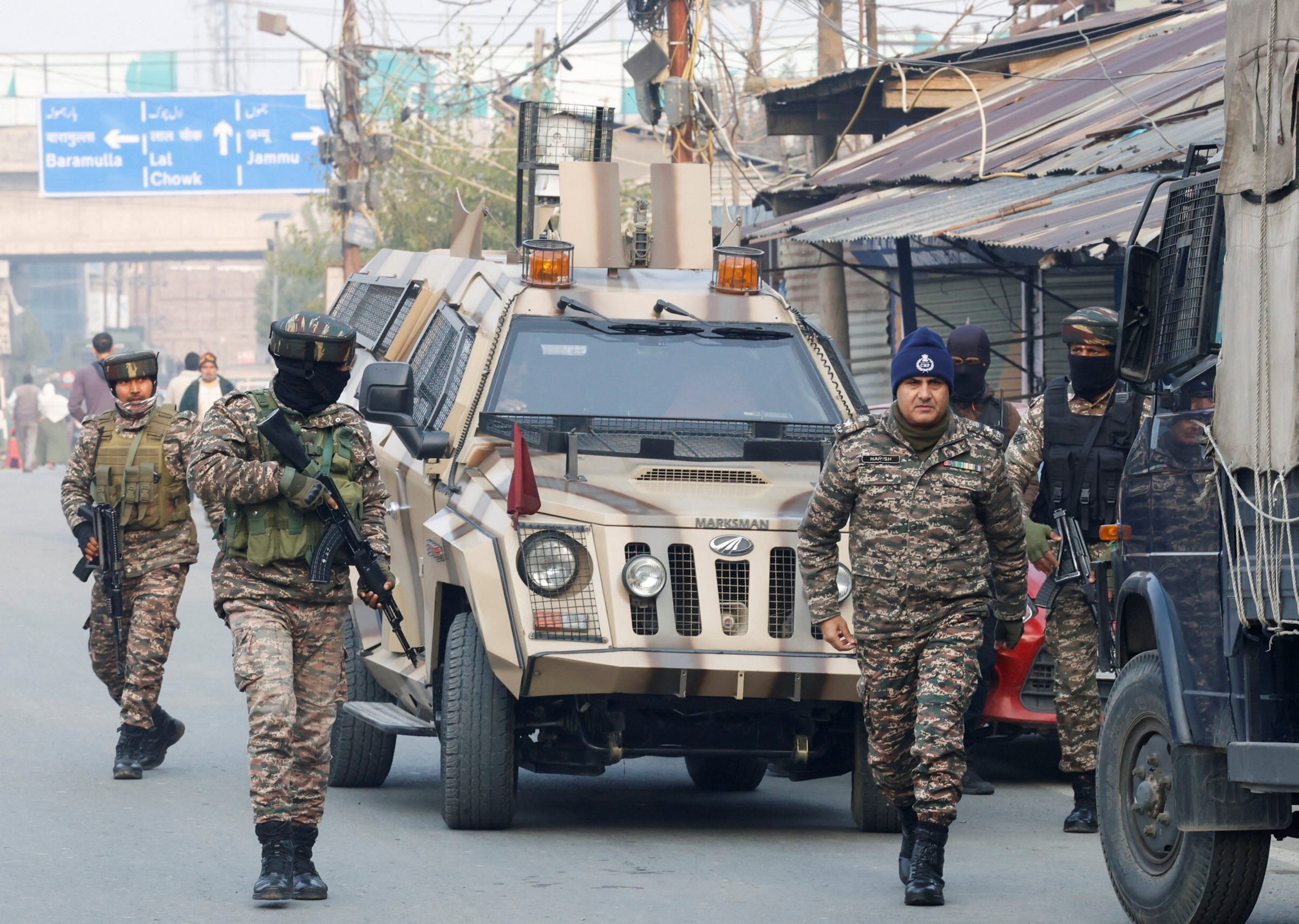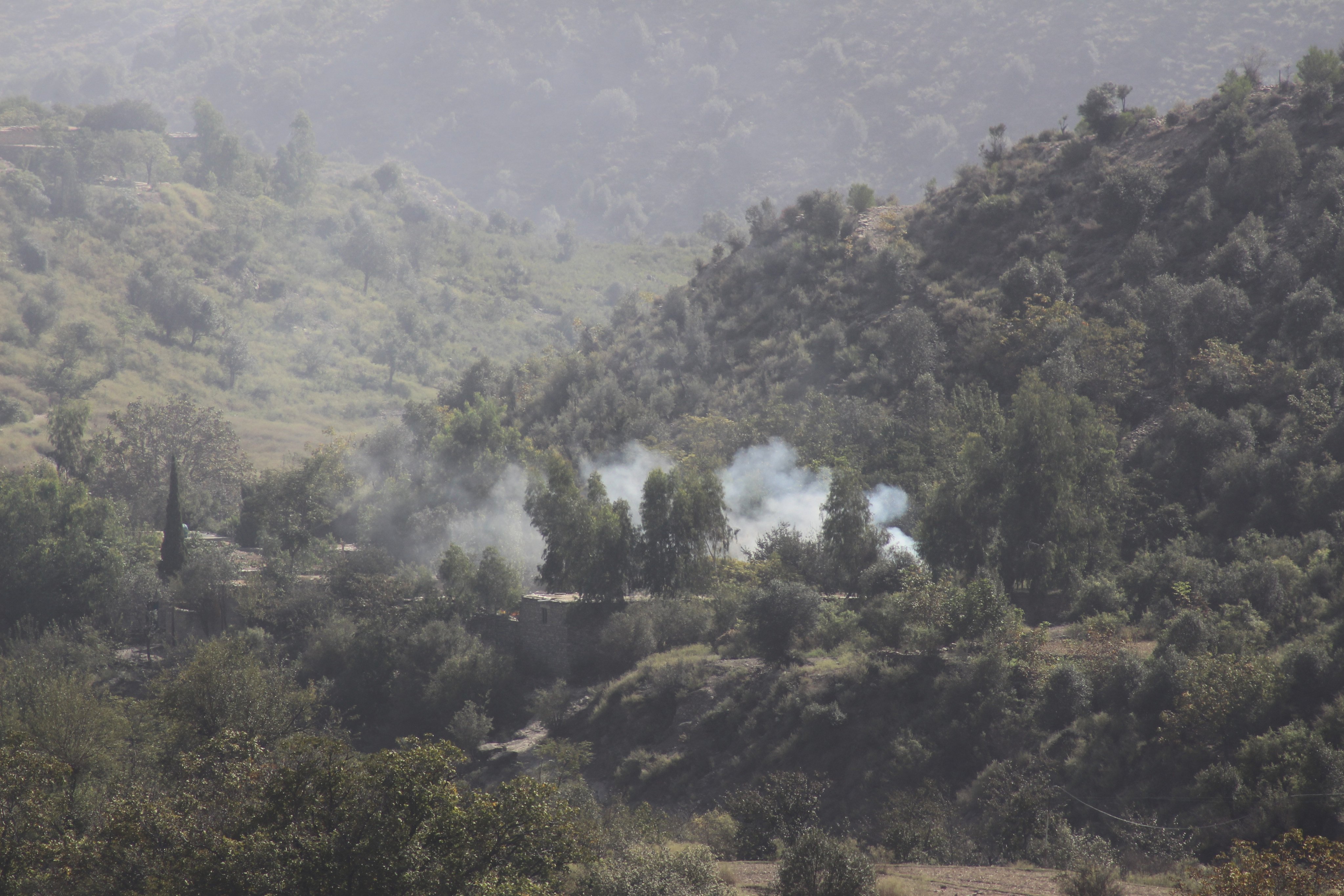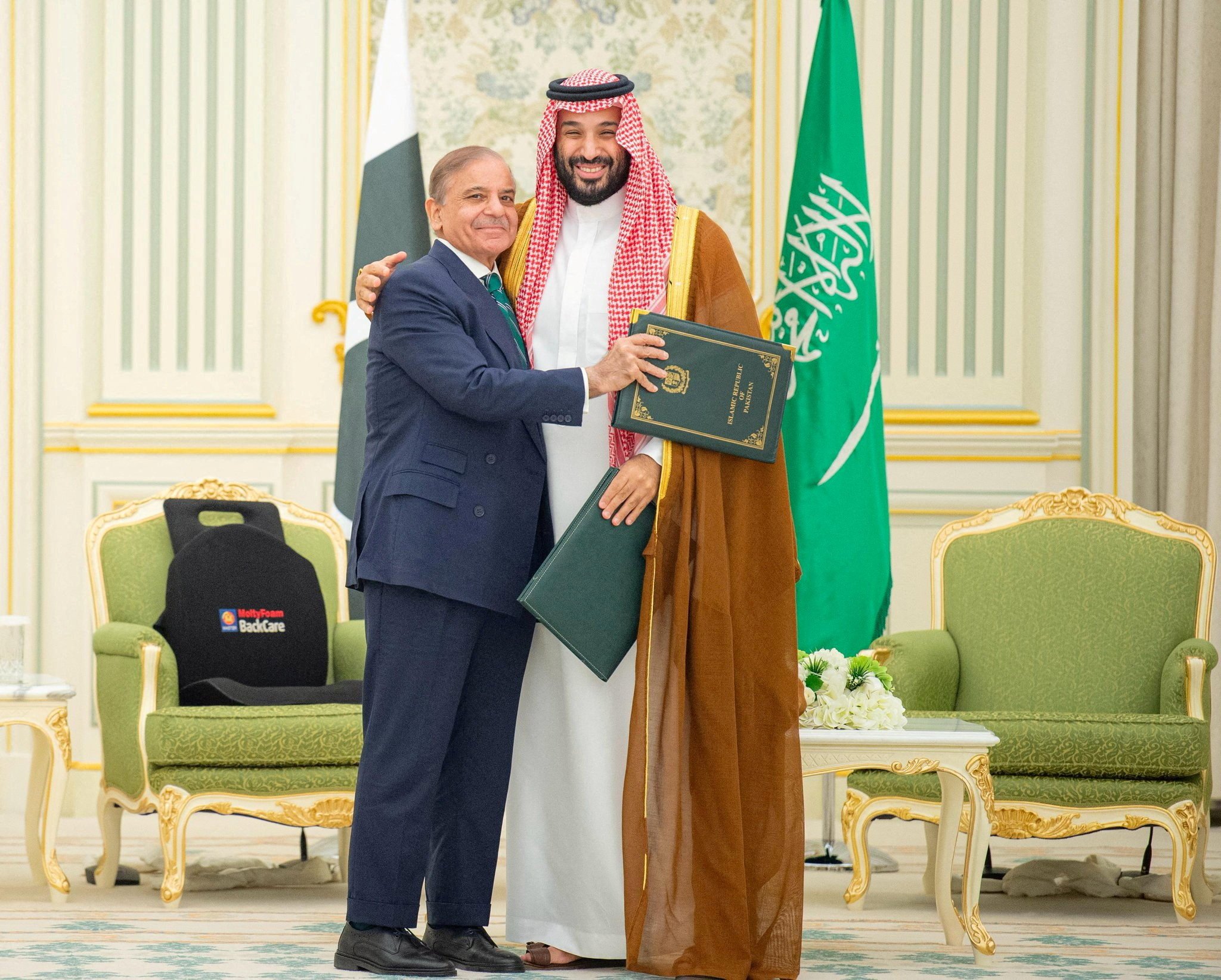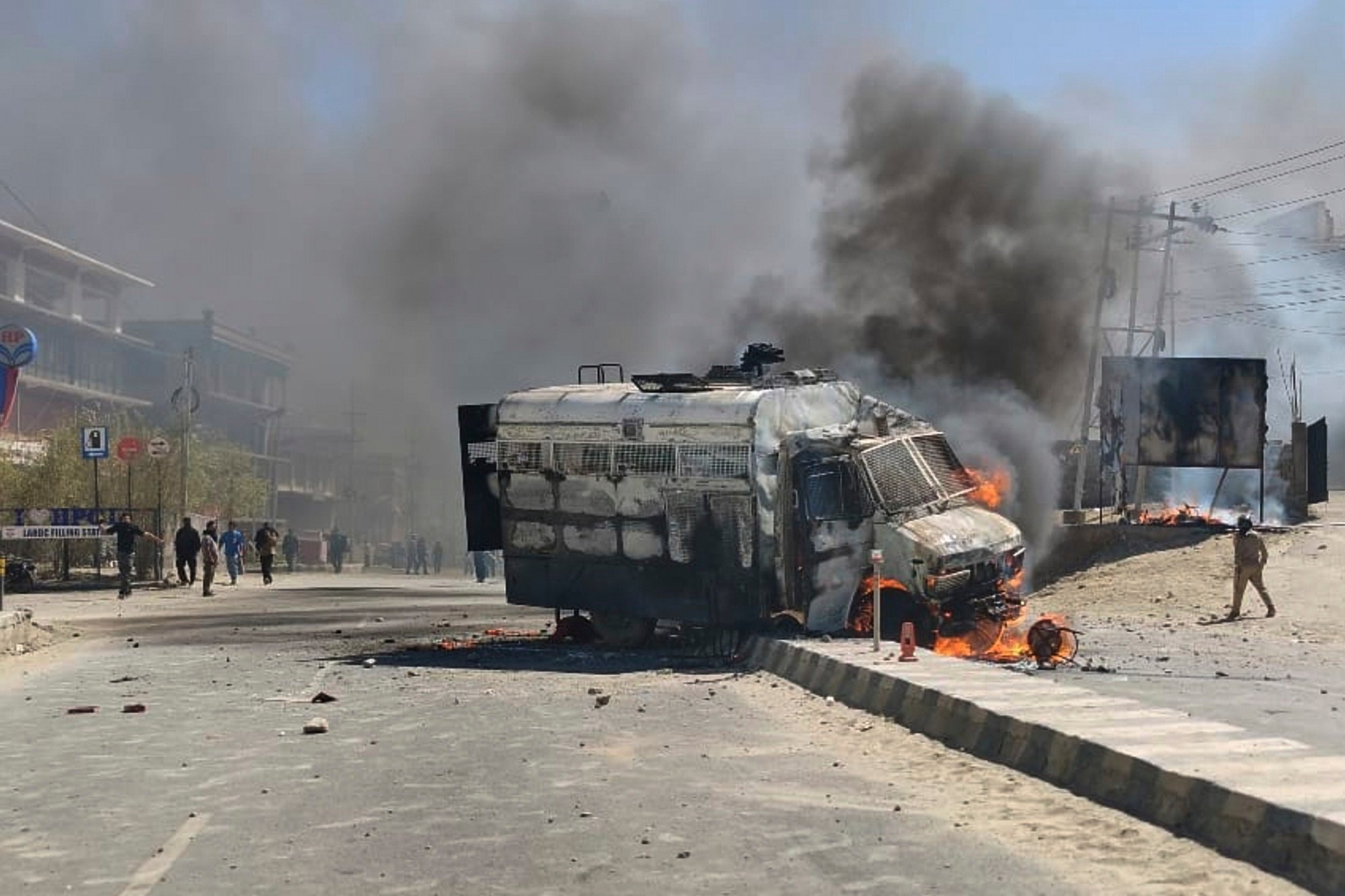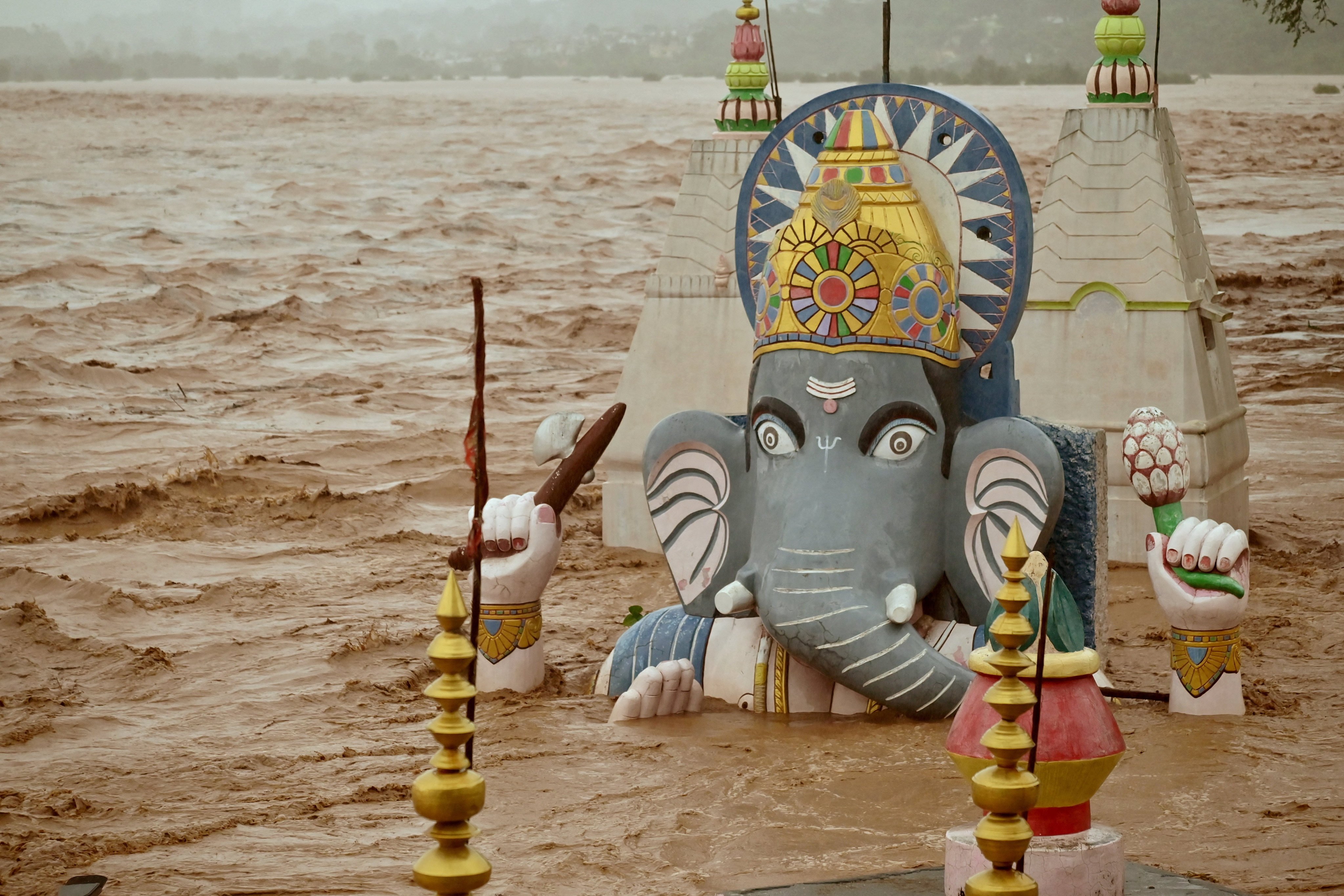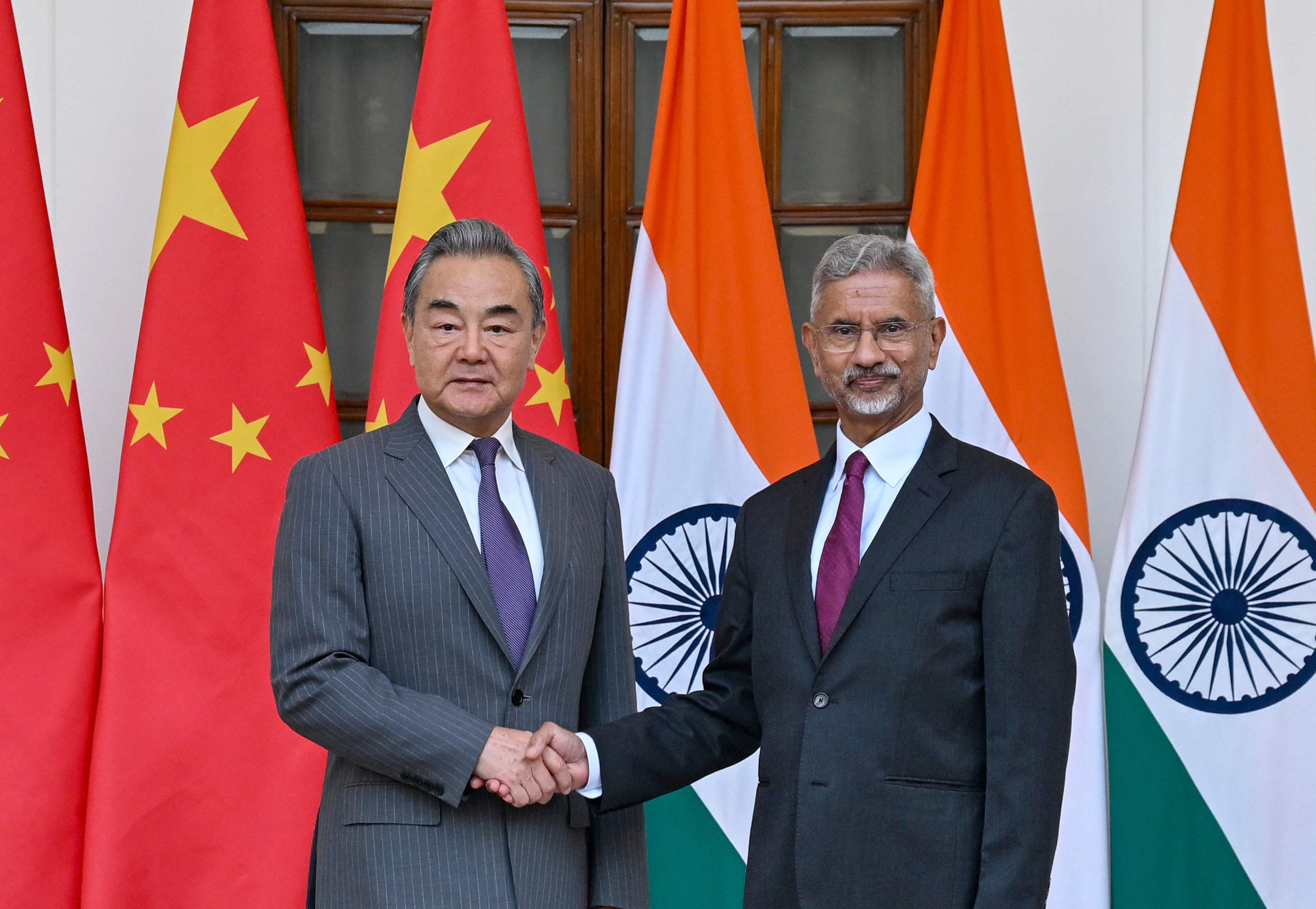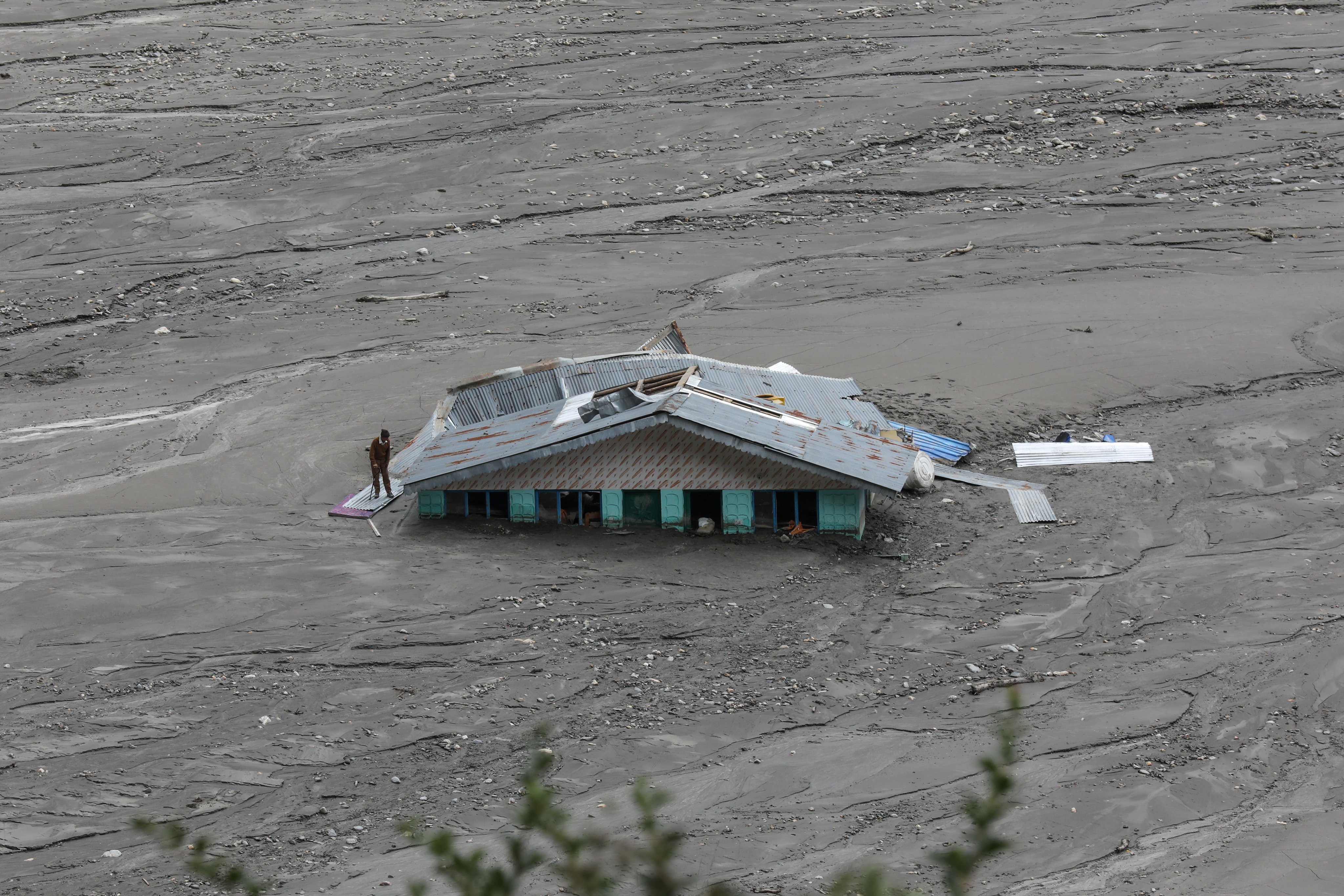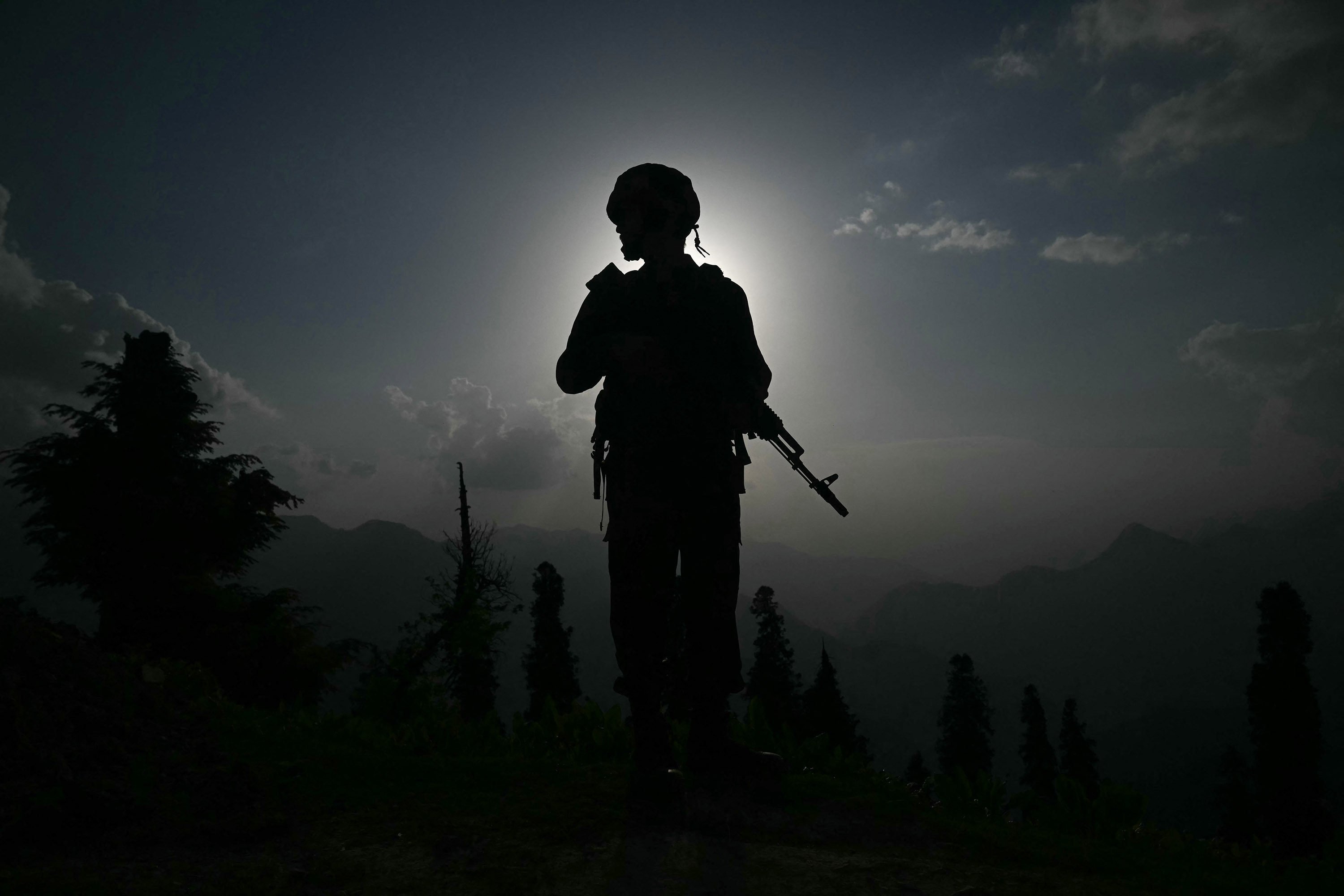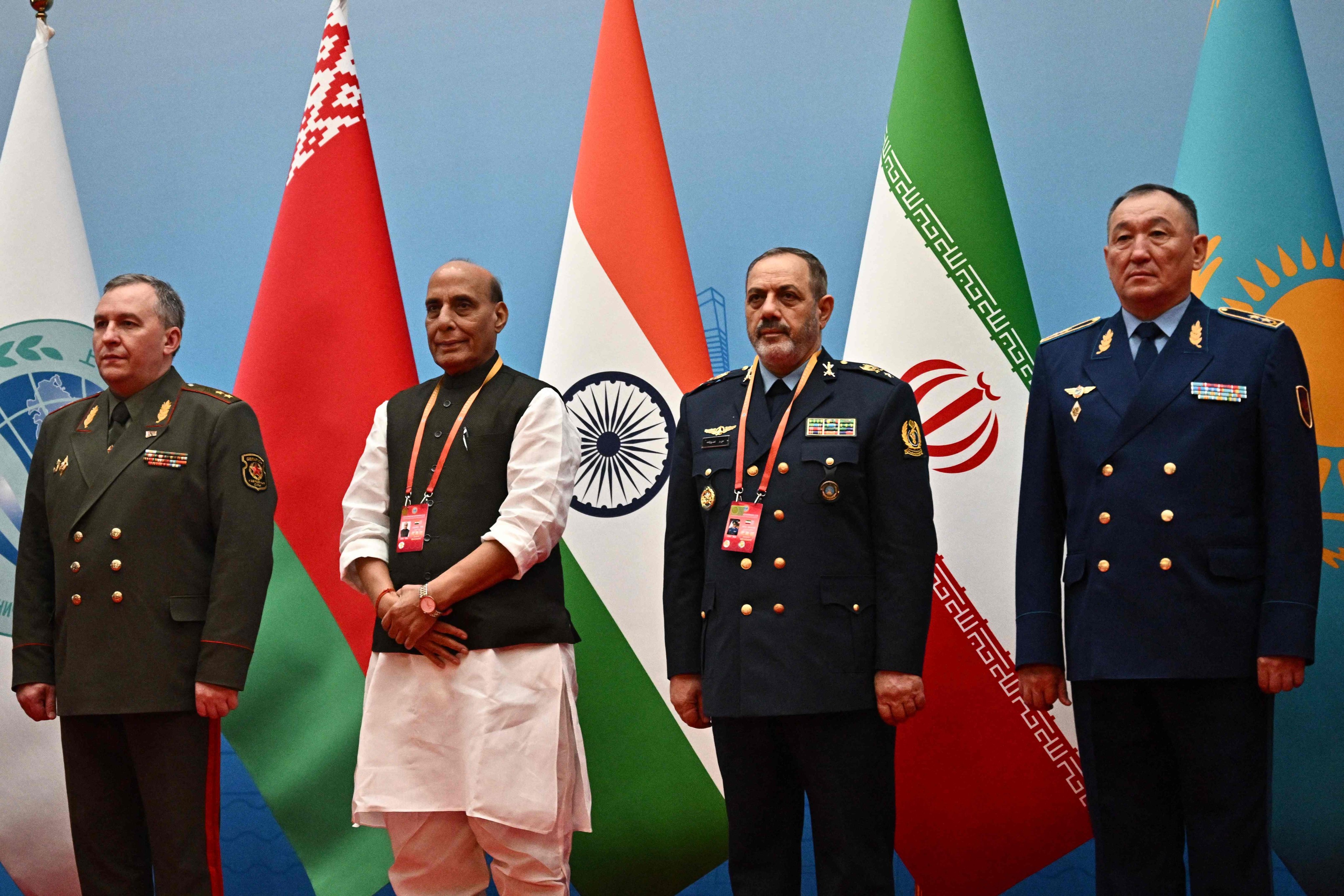TOPIC
/ location
Kashmir
Kashmir
The long-running territorial dispute over Kashmir dates back to the partition of India in 1947, when Pakistan and India each staked claims to portions of the Himalayan region. The Muslim-majority territory has been the focus of three wars between India and Pakistan. Since 1962, China has also occupied a part of Kashmir along its border, a situation that also led to a short war with India.
In addition to war, protests and deadly clashes have plagued Kashmir over the past 70 years. Violence spiked after the 2016 death of Burhan Wani, the young commander of the Kashmir separatist group Hizbul Mujahideen, and 2018 proved to be one of the bloodiest years in Kashmir’s recent history.
Help preserve 120 years of quality journalism.
SUPPORT NOWAdvertisement
Advertisement
Advertisement
Advertisement
Advertisement
Advertisement
Advertisement
Advertisement
Advertisement
Advertisement
Advertisement
Advertisement
